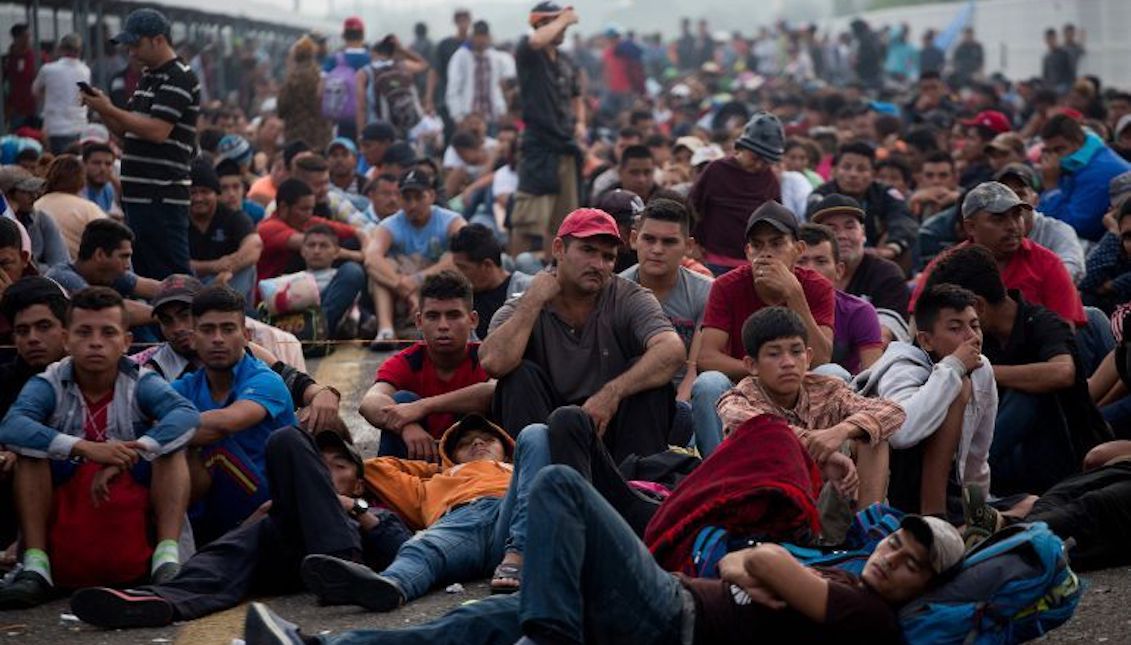
Trump intends again to go above the law by blocking the right to asylum
Last Friday, US President Donald Trump signed a presidential proclamation that aims to prevent undocumented immigrants who cross the country's southern border…
After the mid-term elections, and having lost the majority in the House of Representatives, Donald Trump is challenging the true reach of his powers as president.
In a move very similar to his immigration ban against Muslim countries established during the beginning of his administration, Trump has signed a presidential proclamation on Friday to prevent undocumented immigrants from applying for asylum across the U.S.-Mexico border.
The unforeseen decision follows the dismissal of Attorney General Jeff Sessions and his intentions to remodel the Justice Department, which is now under the charge of Matthew Whitaker, the acting prosecutor who has been perceived as a real threat to Robert Mueller's investigation.
Whitaker said that "thanks to this decisive order from President Trump, we are continuing to provide a path to protection for those who truly need it while stopping our generosity from being abused," Politico reported.
But for representatives like Jerry Nadler (D-NY) and Zoe Lofgren (D-Cal), the president would be "circumventing the legislation" instead of working directly with Congress to reshape the law.
RELATED CONTENT
Members of the American Civil Liberties Union (ACLU), one of the legal groups that immediately filed a lawsuit in a federal court in northern California, agree on this.
"The president is simply trying to run roughshod over Congress’ decision to provide asylum to those in danger regardless of the manner of one’s entry," the organization's lawyer, Lee Gelernt, told the Associated Press (AP).
While the new presidential order went into effect on November 10 and will last for at least 90 days, Trump could extend it if he sees fit.
As AP explained, the regulations "don’t affect people already in the country," and those who are apprehended may resort to "other forms of protection if they fear to return to their countries," although “they would be subject to a tougher threshold.”
"Those forms of protection include the withholding of removal - which is similar to asylum, but does not allow for green cards or bringing families - or protection under the United Nations Convention Against Torture," the report continues.
Although the presidential measure seems to be within the framework of the law, the fact that it passes over the consideration of Congress demonstrates the Trump Administration's drive to continue making unilateral decisions in order to bypass the obstacles most likely to be imposed by the Democratic majority that now controls the House.










LEAVE A COMMENT: